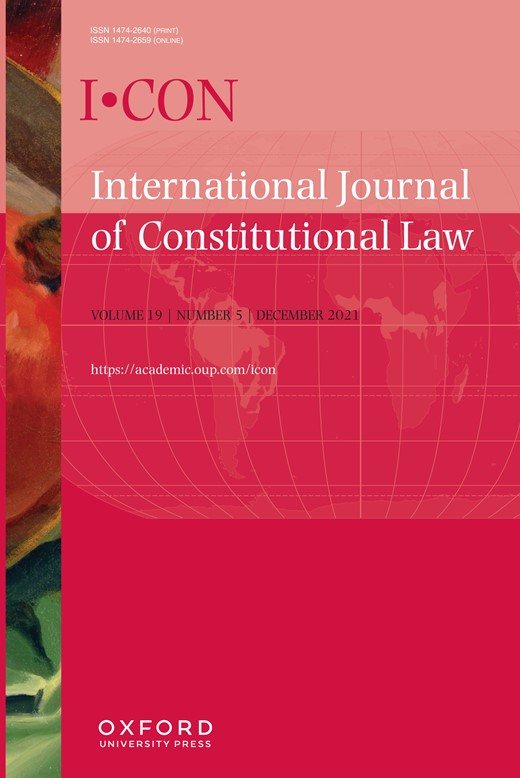From the International Journal of Constitutional Law:
Emergency governance, we are often told, is executive governance. Only the executive has the information, decisiveness, and speed to respond to crises, and so the executive is not capable of being effectively constrained by other branches. Ordinary checks and balances, then, are believed to effectively disappear during a crisis. Referring to the classic theorist of emergency rule, conventional accounts describe crisis governance as “Schmittian” and “post-Madisonian,” characterized by an unbound executive that faces few, if any, legal constraints. This article interrogates these propositions using evidence from how countries responded to the 2020 global pandemic during the critical first few months. It presents data from an original and global survey of over one hundred countries to evaluate the nature of emergency powers during the pandemic. This article finds that, contrary to the conventional wisdom, courts, legislatures, and subnational governments have played important roles in constraining national executives. Courts have insisted on procedural integrity of invocations of emergency, engaged in substantive review of rights restrictions, and in some cases demanded that government take affirmative steps to combat the COVID-19 virus and its effects. Legislatures have played a role in providing oversight and, in many cases, in producing new legislation that responds to the current crisis. Subnational governments, too, have pushed back against central authorities, engaging in valuable checks and balances that shaped the response. Taken together, these findings suggest that, during COVID, emergency governance has been closer to the Madisonian ideal of strong checks and balances than to Schmittian accounts of an unbound executive. This article considers the implications of these findings for theories of emergency governance, arguing that the conventional theories are based on one particular type of crisis—a national security crisis—and therefore their insights may be ill-suited to other kinds of emergencies, such as a pandemic.

